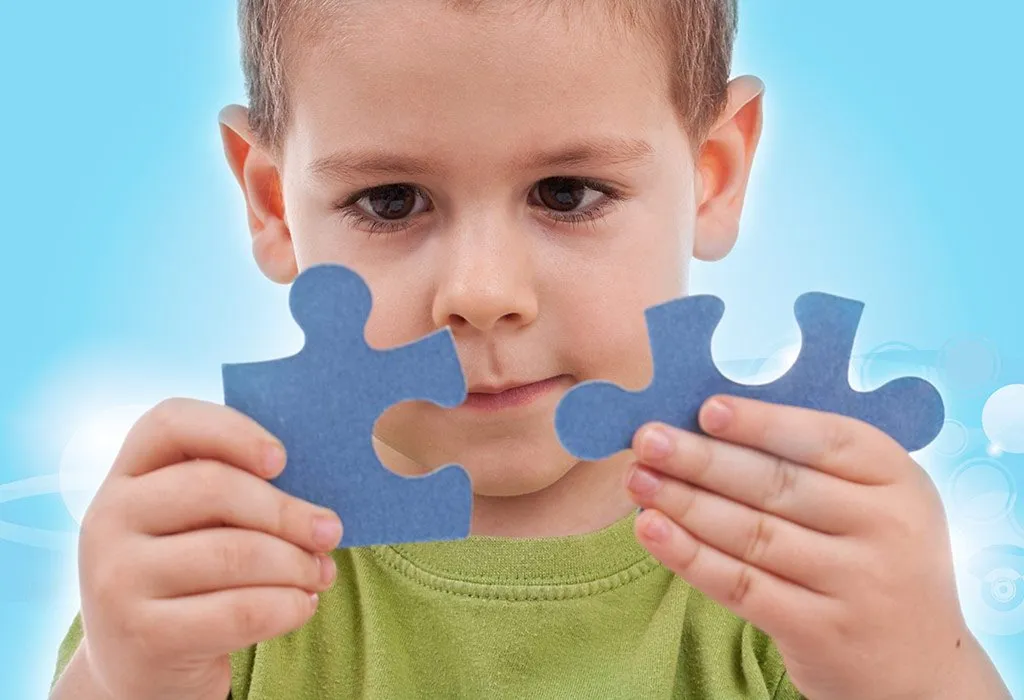Thinking Skills Play: Problem-Solving Games and Quiz Challenges for Kids
Thinking Skills Play: Problem-Solving Games and Quiz Challenges for Kids
Encouraging problem-solving and critical thinking in children is essential for their cognitive development. One of the best ways to nurture these skills is through interactive games and quiz challenges that make thinking both fun and educational. In this post, we will explore creative ways to enhance problem-solving abilities through engaging activities and brain-boosting quizzes.
1. Why Problem-Solving Play Matters
Problem-solving games and quizzes offer multiple developmental benefits, including:
- Critical Thinking: Encourages logical reasoning and analysis.
- Decision Making: Improves the ability to choose between alternatives.
- Memory Enhancement: Strengthens recall through repetitive learning.
- Confidence Building: Completing challenges boosts self-esteem.
2. Top 10 Problem-Solving and Quiz Activities for Kids
2-1. Puzzle Challenges
- Materials: Jigsaw puzzles or homemade puzzles.
- How to Play:
- Break down the image and mix the pieces.
- Challenge kids to complete the puzzle within a time limit.
- Benefits:
- Enhances spatial reasoning.
- Encourages perseverance and concentration.
2-2. Riddle Quest
- Materials: Printed or written riddles.
- How to Play:
- Read the riddle aloud and let kids think of the answer.
- Offer hints if needed.
- Benefits:
- Boosts language skills and logical thinking.
- Promotes creative reasoning.
2-3. Scavenger Hunt with Clues
- Materials: Hidden objects and clue cards.
- How to Play:
- Hide objects around the house and write clues to find them.
- Use rhymes or word puzzles to make clues more challenging.
- Benefits:
- Combines physical activity with cognitive challenges.
- Enhances deductive reasoning and teamwork.
2-4. DIY Quiz Show
- Materials: Quiz cards, buzzer or bell.
- How to Play:
- Set up a game show format with trivia questions.
- Award points for correct answers.
- Benefits:
- Builds general knowledge and quick thinking.
- Encourages friendly competition.
2-5. Logic Grid Puzzles
- Materials: Pre-printed logic puzzles or online resources.
- How to Play:
- Solve problems by filling out a grid based on given clues.
- Benefits:
- Sharpens analytical skills.
- Improves concentration and patience.
2-6. Escape Room at Home
- Materials: Clues, locks, small objects.
- How to Play:
- Create puzzles that must be solved to "escape" from a room.
- Use codes, ciphers, and riddles to unlock each stage.
- Benefits:
- Develops teamwork and creative problem-solving.
- Encourages quick thinking and adaptability.
2-7. Memory Matching Game
- Materials: Pairs of picture cards.
- How to Play:
- Turn all cards face down and match pairs by memory.
- Benefits:
- Enhances memory retention.
- Improves pattern recognition.
2-8. Story Sequencing Cards
- Materials: Story cards or printed images.
- How to Play:
- Arrange cards in the correct story order.
- Benefits:
- Builds storytelling skills.
- Encourages logical sequencing.
2-9. Math Quiz Mania
- Materials: Math problem cards.
- How to Play:
- Solve simple math problems to earn points.
- Benefits:
- Enhances math fluency and calculation speed.
- Develops numerical reasoning.
2-10. Brain Teaser Challenges
Materials: Brain teaser books or apps.
How to Play:
Tackle tricky questions that require out-of-the-box thinking.
Benefits:
Stimulates creative problem-solving.
Sharpens cognitive flexibility.
3. Tips for Successful Thinking Skills Play
3-1. Make It Fun and Engaging
Use positive reinforcement and keep the atmosphere lighthearted.
3-2. Challenge at the Right Level
Adapt the difficulty according to your child’s age and abilities.
3-3. Incorporate Team Play
Involve siblings or friends for collaborative problem-solving.
4. Final Thoughts
Nurturing critical thinking and problem-solving skills through playful activities can make learning enjoyable and impactful. By incorporating quizzes and problem-solving games into your routine, you foster a love for challenges and build mental agility. Try one of these activities today to see how much fun learning can be!
Related Keywords
Problem-solving games for kids USA, fun quiz challenges for children, creative thinking activities, brain-boosting games at home, critical thinking play ideas
Amazon best seller







Comments